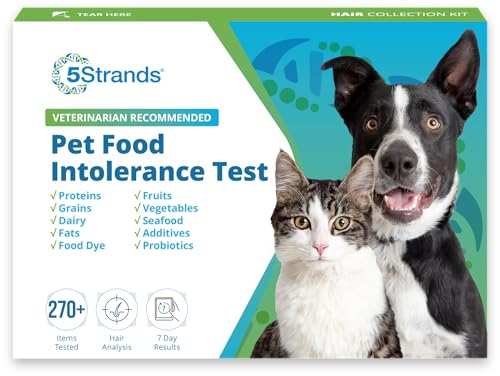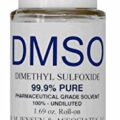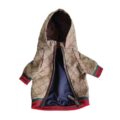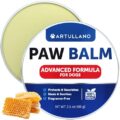Choosing the best cat food for cats with allergies is crucial. Cats need special diets to stay healthy and happy.
Cats with allergies can suffer from skin issues, digestive problems, and more. Finding the right food can make a big difference in their lives. This guide will help you pick the best cat food for your furry friend. We’ll explore different types of food, ingredients to look for, and tips for feeding cats with allergies.
Keep your cat’s health in mind, and let’s dive into what makes the best cat food for allergies. With the right information, you can help your cat feel better and live a happier life.
Also Read
Buying Guide On Best Cat Food For Cats With Allergies
best cat food for cats with allergies – buying guide
1. Identify common allergens
understand which ingredients cause allergies in cats. Common allergens include chicken, beef, dairy, and grains. Knowing these helps in choosing the right food.
2. Look for limited ingredient diets
these diets contain fewer ingredients. This reduces the chance of allergic reactions. Often, they list only one protein and one carbohydrate source.
3. Hypoallergenic cat food
opt for hypoallergenic options. These foods are formulated to prevent allergies. They use novel proteins and are free from common allergens.
4. Grain-free options
grains can trigger allergies in some cats. Grain-free foods eliminate this risk. They use alternatives like potatoes or peas.
5. Protein sources
choose foods with novel proteins. Rabbit, duck, or venison are less likely to cause allergies. These proteins are not commonly found in regular cat food.
6. Wet vs. Dry food
consider wet food for sensitive cats. It contains fewer fillers and more protein. Also, it keeps your cat hydrated.
7. Check for artificial additives
artificial colors, flavors, and preservatives can cause allergies. Ensure the food is free from these additives. Natural ingredients are safer for allergic cats.
8. Consult your veterinarian
always talk to your vet before changing your cat’s diet. They can provide recommendations based on your cat’s health and needs.
9. Read reviews and ratings
customer feedback is valuable. Reviews can highlight potential issues. Ratings help in finding reliable brands.
10. Gradual transition
switching foods abruptly can cause digestive issues. Gradually mix the new food with the old one over a week. This helps your cat adjust.
Conclusion
Finding the right cat food for cats with allergies can be challenging. It’s important to choose food that is safe and nutritious. Look for high-quality ingredients. Avoid common allergens like grains and artificial additives. Consult your vet to identify specific allergies.
This ensures you choose the best food for your cat. Read labels carefully and consider hypoallergenic options. Watch for any changes in your cat’s health. A healthy diet can improve your cat’s quality of life. Happy, healthy cats are worth the effort.
Your furry friend deserves the best care. Remember, every cat is unique. Tailor the diet to suit their needs. With patience and attention, you can manage their allergies. This will lead to a happier, healthier life for your cat. Thank you for reading and good luck on your journey to finding the best food for your cat.
























